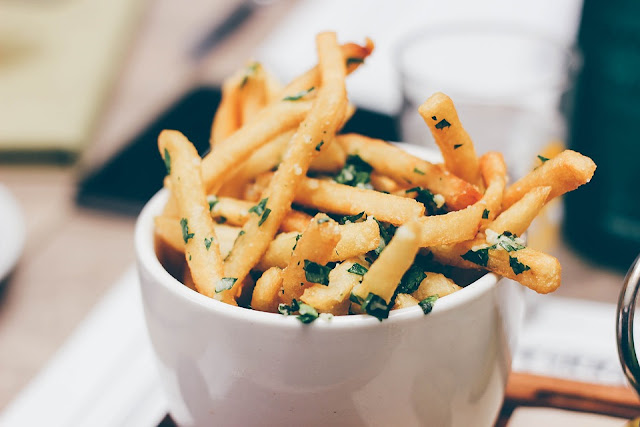Savor Every Bite: The Art of Chewing Slowly and Why It's Super Cool!
The process of chewing breaks down food into smaller particles, making it easier for the digestive enzymes to act upon them. When you chew slowly and thoroughly, the food is mixed with saliva, which contains essential enzymes that kick-start the digestion process. This pre-digestion in the mouth allows the stomach and intestines to function more efficiently, reducing the risk of indigestion, bloating, and other digestive issues.
Enhanced Nutrient Absorption: Properly chewing your food aids in better nutrient absorption. As the food is broken down into smaller particles, the nutrients present in it become more accessible to the body. This means that you get the maximum nutritional benefits from the food you consume. On the contrary, hurried eating can lead to poor nutrient absorption and may deprive your body of essential vitamins and minerals.
Weight Management: Chewing food slowly can contribute to weight management efforts. When you eat slowly, you give your brain enough time to signal your body that you are full. Consequently, you are less likely to overeat and consume excess calories. Studies have shown that people who eat slowly tend to feel more satisfied and consume smaller portions, aiding in weight control and preventing weight gain.
Better Dental Health: Chewing food thoroughly can positively impact your dental health. As you chew, saliva production increases, which helps neutralize harmful acids in the mouth and wash away food particles. Additionally, chewing hard and crunchy foods exercises the jaw muscles, promoting oral health and reducing the risk of gum disease.
Mindful Eating and Enjoyment: Eating slowly encourages mindfulness and fosters a greater appreciation for the flavors and textures of the food. By savoring each bite, you become more aware of your eating habits and can develop a healthier relationship with food. Moreover, eating slowly allows you to enjoy the social aspect of dining, as you engage in conversation with friends and family during meals.
Reduced Stress and Improved Mood: Eating slowly can also
have a positive impact on your stress levels and overall mood. When you take
your time to eat, you activate the parasympathetic nervous system, which
promotes relaxation and reduces stress. Additionally, mindful eating can lead
to a more pleasurable dining experience, lifting your spirits and leaving you
feeling satisfied and content after a meal.
Prevention of Overeating and Digestive Disorders: Rapid eating is often associated with overeating and can contribute to digestive disorders such as acid reflux and irritable bowel syndrome (IBS). Chewing food slowly allows you to gauge your hunger cues accurately and prevents you from consuming excess food.
Hence, chewing food slowly offers a myriad of health benefits that promote better digestion, improved nutrient absorption, weight management, dental health, and overall well-being. It's a simple practice that can be easily incorporated into your daily routine, yielding significant rewards in the long run. By taking the time to savor and enjoy each meal, you not only nourish your body more effectively but also cultivate a healthier relationship with food and develop a sense of mindful eating that enhances your quality of life. So, the next time you sit down for a meal, remember to slow down, chew your food properly, and reap the numerous benefits it has to offer.






Comments
Post a Comment